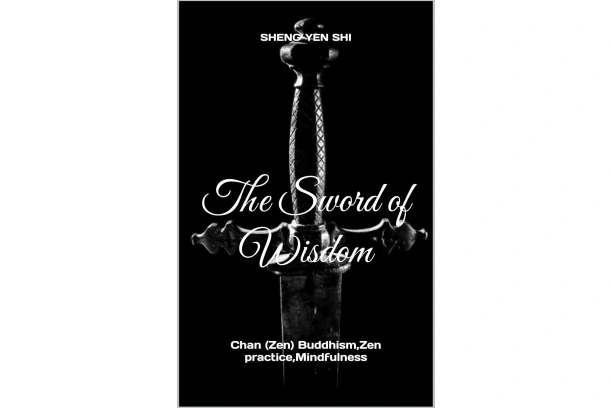How to Cultivate Self-Acceptance Through Mindfulness Meditation
We are often troubled by stress and anxiety, making it hard to truly accept our imperfections. One way to overcome this is by using mindfulness meditation to foster self-acceptance and understanding.
Imagine preparing for an important meeting, only to be haunted by thoughts like “I’m not good enough” or “I’m going to mess this up.” This self-criticism and anxiety can make it difficult to concentrate and may impact your performance. However, mindfulness meditation can help change this state. You can cultivate inner peace through meditation. We sincerely recommend you to check our ebook The Sword of Wisdom: Chan (Zen) Buddhism,Zen practice,Mindfulness. In this book, you may can look for the right answer.
The Science Behind Mindfulness Meditation
Mindfulness meditation originates from Buddhism and is a practice that involves consciously observing present experiences without judgment. In recent years, numerous studies have explored its impact on mental health. A study by Jimenez et al. (2010) found that higher levels of trait mindfulness are associated with higher levels of self-acceptance. In other words, people who practice mindfulness in daily life tend to accept themselves more, helping them better handle negative emotions.
Practical Techniques for Mindfulness Meditation
- Basic Breathing Exercise: The simplest mindfulness exercise is to focus on your breathing. Try closing your eyes, focusing on each inhale and exhale, and feeling the air moving in and out through your nose and the rise and fall of your chest.
- Body Scan: Starting from your toes, gradually move your attention upward to the top of your head, noticing each part of your body and sensing any tension, pain, or comfort.
- Walking Meditation: As you walk, focus on the sensation of each step, feeling the connection between your feet and the ground.

Mindfulness for Increasing Self-Acceptance
- Recognizing Inner Emotions: Mindfulness meditation helps people become more aware of their inner emotions and approach them without judgment. In any situation, rather than judging negative feelings and experiences, you can provide yourself with warmth and support, reducing the pain of self-criticism.
- Distinguishing Self from Self-Evaluation: Mindfulness allows us to pause and notice our internal activities, distinguishing between ourselves and our evaluations. For example, when feeling anxious or self-critical, you can consciously recognize these emotions and thoughts, understanding that these self-critical voices are only temporary thoughts, not a reflection of your true self. This fosters a more compassionate attitude toward yourself.
- Increasing Self-Compassion: Mindfulness also emphasizes the importance of self-compassion, helping us realize that “nobody is perfect” and encouraging us to be more forgiving of ourselves, reducing self-criticism.
As an example, when you’re out on a scenic walk, try incorporating mindfulness meditation. Start by slowing down and focusing on the natural surroundings. Listen intently to the sounds of birds chirping, the rustling of leaves, and the gentle flow of a distant stream. Feel the warmth of sunlight on your face, the cool breeze against your skin, and the sensation of the ground or grass underfoot.
If you notice your mind drifting or start judging whether you’re enjoying the outing, gently bring your attention back to the sensory experience. Rather than rushing to take photos or moving to the next spot, pause, breathe deeply, and immerse yourself fully in the beauty of the moment. This practice not only enhances your enjoyment of the experience by reducing inner distractions and anxiety but also increases your sensitivity to yourself and your environment, helping you accept and appreciate yourself in the present.
Mindfulness meditation is a simple yet effective mental practice that can help us better accept ourselves, reducing self-criticism and anxiety. Through continued practice, we can learn to respond to life’s challenges and difficulties in a calmer, more accepting way. As Jon Kabat-Zinn put it, “You can’t stop the waves, but you can learn to surf.” Let us use mindfulness meditation to learn to navigate life’s ocean with grace, enjoying each moment of peace and harmony.









